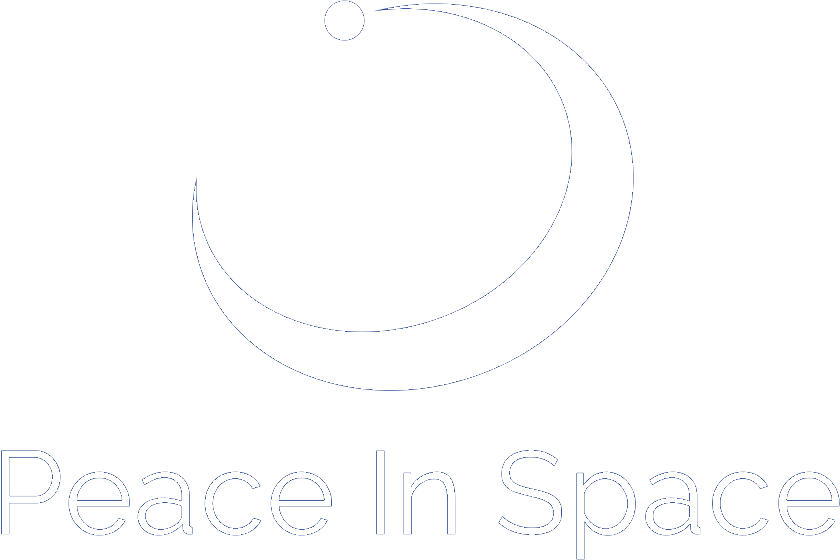US and Russia hold important space-security dialogue — first in seven years
Both countries agreed in Vienna to continue discussions
on outer space and developing communication channels

On July 23, 2020, the U.S. Space Command claimed they had evidence that Russia had conducted a test of a space-based, anti-satellite weapon by injecting a new object into orbit from the Cosmos 2543 satellite.
Responding to this claim, the Russian Foreign Ministry stated that the tests “created no threats for other space vehicles and violated no principles of international law,” as Peace In Space has reported, citing TASS.
A space-security exchange
To address this incident, on July 28, at a Russia-US meeting of experts on space security held in Vienna, officials from the U.S. Departments of State, Defense, and Energy and the National Security Council met with Russian Federation officials in a “Space Security Exchange under the framework of the Strategic Security Dialogue.”
In more than 13 hours of discussion at the meeting, senior U.S. civilian and military experts with space policy and operational experience engaged in extensive discussions with their Russian counterparts — the first space dialogue with Moscow in seven years.
“The two sides exchanged views on current [and perceived] future space threats, and on policies, strategies, and doctrine,” and they committed to continuing discussion based on a “forward-looking agenda to promote safe, professional, and sustainable activities in space,” according to a U.S. State Department statement.
The delegations also discussed development of better communication channels between the two countries to reduce the risks of misunderstanding, and help prevent or manage space-related incidents and inadvertent escalation, along with operational issues.
Revisiting an important space treaty
The delegations also discussed a vital, space-arms-control draft treaty: the Treaty on the Prevention of the Placement of Weapons in Outer Space.
Both Russia and China have repeatedly called for the signing of this treaty. In November 2019, the U.N. General Assembly reported that “the Committee approved — by a recorded vote of 175 in favor, to two against (Israel, United States) — a draft treaty resolution for “Prevention of an arms race in outer space” (document A/C.1/74/L.3).
Approximately 100 countries have already agreed to not be the first to place weapons in outer space, as noted by Professor Alexander Semenov, President of the Association Ecology of the Unknown. For example, in May 2019, the Foreign Ministers of Russia and Pakistan held a press conference where they invited all world leaders to join in this commitment.
The leaders of Russia and China have continually advocated for this treaty agreement, which will ban all space-based weapons and maintain space for only peaceful, non-weapons purposes.
Steps to end potential space wars
“The Trump administration should declare a U.S. moratorium on destructive ASAT [anti-satellite weapon] testing and work with like-minded countries to begin laying the groundwork for an eventual legal prohibition,” says Breaking Defense. “This would be an immense step forward on limiting future ASAT testing and enhancing space security for both the United States and the world.”
Carol Rosin, a former U.S. aerospace industry executive, agrees with all steps that lead to an immediate signing of the verifiable Treaty on the Prevention of the Placement of Weapons In Outer Space.
“There is rapidly growing support for the U.S. administration to sign this pivotal Treaty,” she says. “It will verifiably ban all space-based weapons, stimulate the economy with new markets and jobs, and provide applications of new technology and information directly to solving urgent and potential problems on this planet.
“This is especially important given the costs, dangers, destabilization factors, and the ominous negative implications and consequences of deploying unnecessary weapons of war above all our heads. Such weapons could dangerously impact everyone on earth.
“As humanity increasingly explores the cosmos, while experiencing so many man-made or natural catastrophes on Earth, it’s time for a new space policy to assure that peace in the space above all our heads prevails.This verifiable Treaty is ready to be signed into a binding world law, now.”
Rosin is Founder of the Institute for Security and Cooperation in Outer Space, Executive Director of P.E.A.C.E. Inc., and World Peace Ambassador for International Association of Educators for World Peace. She has spoken around the world, testified before the U.S. House and Senate, the President’s Commission on Space, the intelligence community, and at the Disclosure Project. She is also a representative expert of the Association Ecology of the Unknown, Moscow, Russia.






